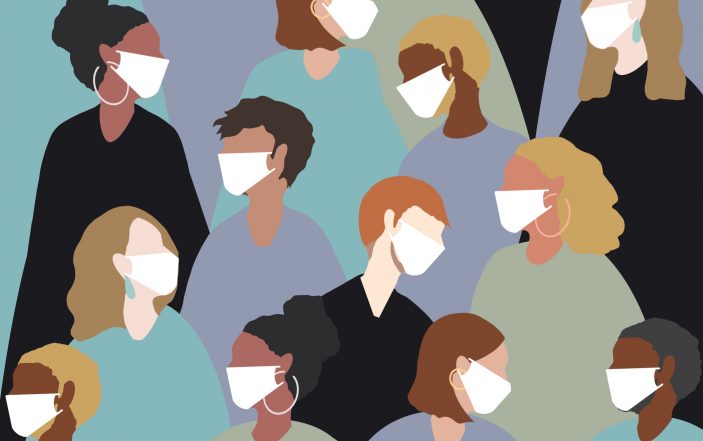With the rapid spread of coronavirus (COVID-19), many people have questions regarding possible coronavirus infections and treatment.
Coronavirus is one type of virus. Many types of coronavirus cause symptoms of the “common cold.” COVID-19 is a disease caused by a unique strain of coronavirus. Even though most patients will have “common cold” or “flu-like” symptoms with this strain of coronavirus infection, occasionally people will develop more severe symptoms.
Testing
Most people with fever or coughing do not require coronavirus testing. Currently, testing supplies are quite limited. If you believe that you may have a coronavirus infection, you can contact the state health department to inquire about testing.
Medications
Currently, there is no treatment available for coronavirus. Because it is a virus, antibiotics are NOT effective against the disease. Treatment of COVID-19 with antibiotics will not make you better any sooner and may cause you to have unnecessary side effects or to develop resistant bacterial infections (such as clostridium difficile colitis – also known as “C. diff”).
In many cases, over the counter medications such as Tylenol, Motrin or Aleve will help control fevers and body aches. Over the counter cough medications and cough drops can help to soothe coughing.
Treatment
Regardless of whether you receive testing, if you believe you have coronavirus, you are advised to self-quarantine yourself at home for at least seven days or until you have had no fever for three days and your symptoms are improving. You are also advised to engage in “social distancing” by avoiding unnecessary contact with others.
The CDC also recommends frequent hand washing, avoiding sharing personal items with others, cleaning all frequently-touched surfaces with disinfectant, and covering your nose and mouth when you cough or sneeze. The Centers for Disease Control has set up an informational web site to answer questions about COVID-19. That web site is http://www.cdc.gov/covid19.
Follow Up
Generally, no follow up is needed for patients with minor symptoms. A vast majority of patients infected with coronavirus have mild symptoms and get better on their own. Contacting your health department for further information about treatment and follow up helps avoid potentially being infected with coronavirus or spreading the disease in an emergency department waiting room. A list of local and county health departments can be found by doing an online search or by visiting this site: https://www.naccho.org/membership/lhd-directory.
CDC guidelines also recommend that employers “actively encourage sick employees to stay home” and “do not require a healthcare provider’s note” to validate employee illness or to permit employees to return to work. https://www.cdc.gov/coronavirus/2019-ncov/community/guidance-business-response.html.
If your symptoms worsen, if you have new or concerning symptoms, or if any problems occur, you are always welcome to return to the emergency department at any time for further evaluation.








